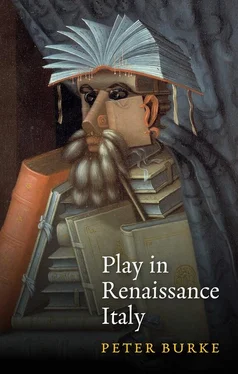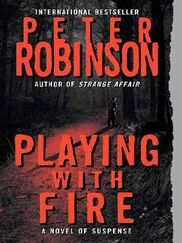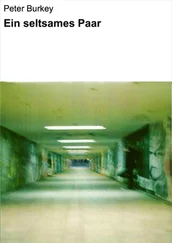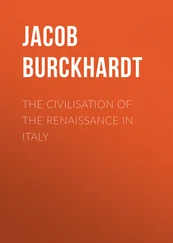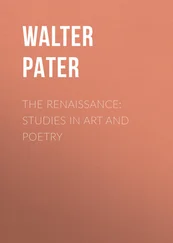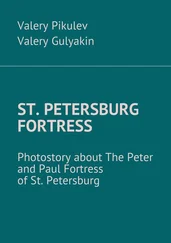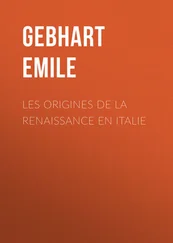8 8. Mikhail Bakhtin, Problems of Dostoyevsky’s Poetics (1929: English translation, Manchester, 1984), 106–9, 32–6, 124, 131.
9 9. Huizinga, Homo Ludens, 27.
10 10. Jean Toscan, Le carnaval du langage, 5 vols. (Lille, 1981), 1169–80.
11 11. Andrea Nuti, Ludus e iocus: percorsi di ludicità nella lingua Latina (Treviso, 1998); Andreas Hermann Fischer, ‘Ludus/iocus/lusus: Valla, Bruni und humanistische Wortspielen’, in Spielen und Philosophieren zwischen Spätmittelalter und Früher Neuzeit (Göttingen, 2016), 75–9.
12 12. Patricia M. Spacks, Boredom: The Literary History of a State of Mind (Chicago, IL, 1995). Scipione Bargagli wrote about Carnival games filling ‘tedious nights’ (quoted in Laura Riccò, Giuoco e teatro nelle veglie di Siena (Rome, 1993), 118.
13 13. Girolamo Cardano, De ludo aleae (c. 1564: English translation, The Book on Games of Chance, New York, 1961); Scipione Bargagli, Dialogo dei Giuochi (1572: ed. Patrizia Ermini, Siena, 1982); Valerio Marchetti, ‘Recherches sur le “Dialogo dei Giuochi”’, in Philippe Ariès and Jean-Claude Margolin (eds.) Les jeux à la Renaissance (Paris, 1982), 163–83; Girolamo Mercuriale, De arte gymnastica (Venice, 1573). Cf. Alessandro Arcangeli and Vivian Nutton (eds.) Girolamo Mercuriale (Florence, 2007).
14 14. Niccola Villani, Ragionamento dello Academico Aldeano sopra la poesia giocosa de’ greci, de latini, e da toscani (Venice, 1634).
15 15. Ludovico Muratori, Antiquitates italicae medii aevi (Milan, 1739) dissertation 29; Girolamo Tiraboschi, Storia della letteratura italiana, 2nd edn, vol. VII (Modena, 1791), 140.
16 16. Isaac D’Israeli (1823) ‘Of the ridiculous titles assumed by the Italian academies’, Curiosities of Literature, 2nd series (1823: London, 1866 edn), 355–9.
17 17. John Addington Symonds, Renaissance in Italy, 7 vols. (London 1875–86), vol. II, The Revival of Learning, 238.
18 18. Jacob Burckhardt, Civilization of the Renaissance in Italy (1860: English translation, London, 1944), 93–103.
19 19. Benedetto Croce, ‘Poesia giocosa’, in Opere, vol. XXXIX (Bari, 1941), 78–84; Thomas F. Crane, Italian Social Customs of the Sixteenth Century (New Haven, CT, 1920), ch. 6.
20 20. William Heywood, Palio and Ponte: An Account of the Sports of Central Italy from the Age of Dante to the XXth Century (London, 1904).
21 21. Jean Jacquot (ed.) Les fêtes de la Renaissance, 3 vols. (Paris, 1956–75).
22 22. Julio Caro Baroja, El Carnaval (Madrid, 1965).
23 23. Mikhail Bakhtin, Rabelais and his World (1965: English translation, Cambridge, MA, 1968); Caro Baroja, El Carnaval.
24 24. Clifford Geertz, ‘Deep Play’, in The Interpretation of Cultures (New York, 1973), 412–53.
25 25. Horia Corneliu Cicortaş, ‘Premessa’ to Culianu, Iocari serio, 8.
26 26. Norbert Elias, The Civilizing Process (1939: English translation, Oxford, 1978); Elias and Eric Dunning, Quest for Excitement: Sport and Leisure in the Civilizing Process (Oxford, 1985).
27 27. Elias and Dunning, Quest for Excitement, 165.
28 28. Silvia Longhi, Lusus: il capitolo burlesco nel Cinquecento (Padua, 1983), 1. On comic poetry in Latin, see Ugo E. Paoli, Il latino maccheronico (Florence, 1959).
29 29. Ariès and Margolin (eds.) Les jeux, introduction.
30 30. André Rochon (ed.) Formes et significations de la beffa, 2 vols. (Paris, 1972–5).
31 31. On leisure, Peter Burke, ‘The Invention of Leisure in Early Modern Europe’, Past and Present 146 (1995), 136–50.
32 32. Barbara C. Bowen, Humour and Humanism in the Renaissance (Aldershot, 2004); Rochon (ed.) Formes. Cf. Peter Burke, ‘Frontiers of the Comic in Early Modern Italy’, in Jan Bremmer and Herman Roodenburg (eds.) A Cultural History of Humour (Cambridge, 1997), 61–75.
33 33. Barolsky, Infinite Jest; Francesca Alberti, La peinture facétieux (Arles, 2016).
34 34. Antonio Corsaro and Paolo Procaccioli (eds.) Cum notibusse et commentaribusse: l’esegisi parodistica e giocosa del Cinquecento (Rome, 2002); Longhi, Lusus; Martine Boiteux, ‘Chasse aux taureaux et jeux romains à la Renaissance’, in Ariès and Margolin (eds.) Les jeux, 33–54; Domenico Scafoglio, Il carnevale napolitano (Rome, 1997); Horst Bredekamp, Florentiner Fussball (Frankfurt, 1993); Alessandra Rizzi, Ludus/ludere: giocare in Italia alla fine del medio evo (Rome, 1995), 89–102, 171–204.
Конец ознакомительного фрагмента.
Текст предоставлен ООО «ЛитРес».
Прочитайте эту книгу целиком, купив полную легальную версию на ЛитРес.
Безопасно оплатить книгу можно банковской картой Visa, MasterCard, Maestro, со счета мобильного телефона, с платежного терминала, в салоне МТС или Связной, через PayPal, WebMoney, Яндекс.Деньги, QIWI Кошелек, бонусными картами или другим удобным Вам способом.
